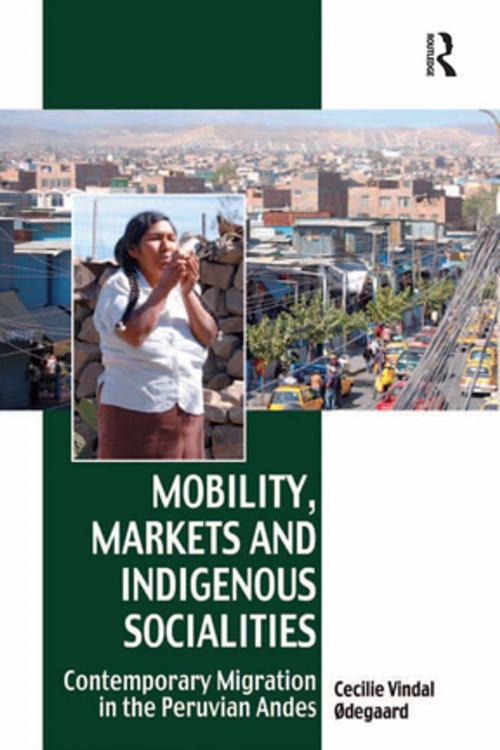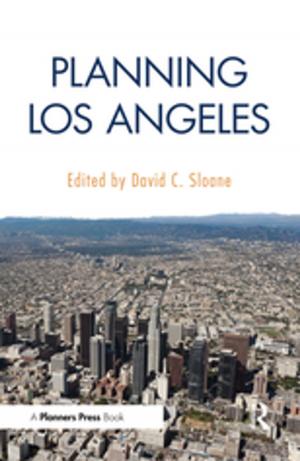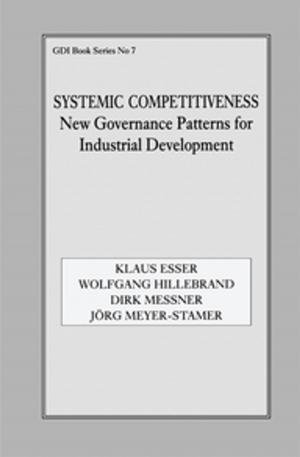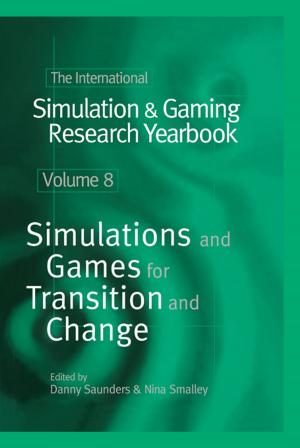Mobility, Markets and Indigenous Socialities
Contemporary Migration in the Peruvian Andes
Nonfiction, Religion & Spirituality| Author: | Cecilie Vindal Ødegaard | ISBN: | 9781317094982 |
| Publisher: | Taylor and Francis | Publication: | April 15, 2016 |
| Imprint: | Routledge | Language: | English |
| Author: | Cecilie Vindal Ødegaard |
| ISBN: | 9781317094982 |
| Publisher: | Taylor and Francis |
| Publication: | April 15, 2016 |
| Imprint: | Routledge |
| Language: | English |
Exploring how people from Andean communities seek progress and social mobility by moving to the cities, Cecilie Ødegaard demonstrates the changing significance of kinship, reciprocity and ritual in an urban context. Through a focus on people´s involvement in land occupations and local associations, labour and trade, Ødegaard examines the dialectics between popular practices and neoliberal state policies in processes of urbanization. The making and un-making of notions of the Indigenous, communal work, and gender is central in this analysis, and is discussed against the historical backdrop of the land occupations in Peruvian cities since the 1930s. Through its close ethnographic description of everyday life in a new urban neighbourhood, this book reveals how social and spatial categories and boundaries are continually negotiated in people´s quest for mobility and progress. Cecilie Ødegaard argues that conventional meanings of prosperity and progress are significantly altered in interaction with Andean understandings of reciprocity. By combining a unique ethnographic account with original theoretical arguments, the book provides new insight into the cultural, cosmological and political dimensions of mobility, progress and market participation.
Exploring how people from Andean communities seek progress and social mobility by moving to the cities, Cecilie Ødegaard demonstrates the changing significance of kinship, reciprocity and ritual in an urban context. Through a focus on people´s involvement in land occupations and local associations, labour and trade, Ødegaard examines the dialectics between popular practices and neoliberal state policies in processes of urbanization. The making and un-making of notions of the Indigenous, communal work, and gender is central in this analysis, and is discussed against the historical backdrop of the land occupations in Peruvian cities since the 1930s. Through its close ethnographic description of everyday life in a new urban neighbourhood, this book reveals how social and spatial categories and boundaries are continually negotiated in people´s quest for mobility and progress. Cecilie Ødegaard argues that conventional meanings of prosperity and progress are significantly altered in interaction with Andean understandings of reciprocity. By combining a unique ethnographic account with original theoretical arguments, the book provides new insight into the cultural, cosmological and political dimensions of mobility, progress and market participation.















